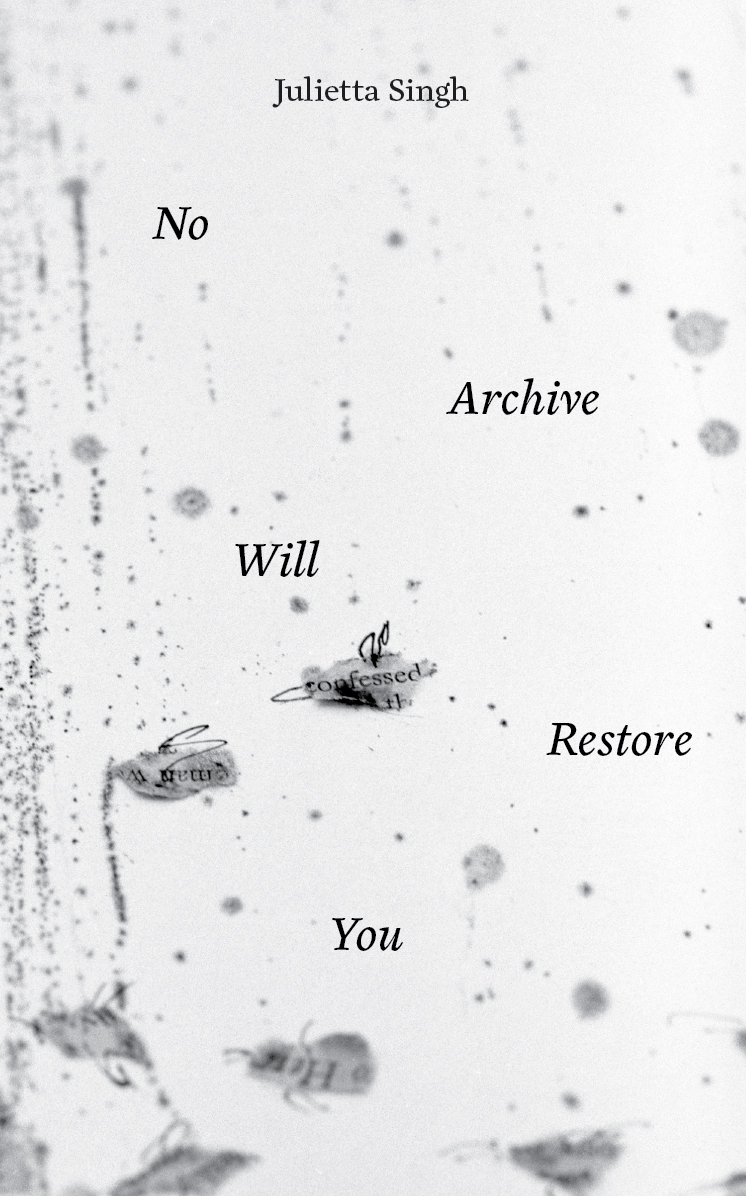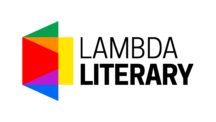No Archive Will Restore You Listed as a Finalist for a 2019 Lambda Literary Award (Bisexual Nonfiction) and a 2019 Firecracker Award (Creative Nonfiction)!
At once memoir, theory, poetic prose, and fragment, No Archive Will Restore You is a feverish meditation on the body. Departing from Antonio Gramsci’s summons to compile an inventory of the historical traces left in each of us, Singh engages with both the impossibility and urgent necessity of crafting an archive of the body. Through reveries on the enduring legacies of pain, desire, sexuality, race, and identity, she asks us to sense and feel what we have been trained to disavow, to re-member the body as more than itself.
Why this desire for a body archive, for an assembly of history’s traces deposited in me? (I worry over how to describe it, how to frame it without sounding banal or bafflingly idiosyncratic.) The body archive is an attunement, a hopeful gathering, an act of love against the foreclosures of reason. It is a way of knowing the body-self as a becoming and unbecoming thing, of scrambling time and matter, of turning toward rather than against oneself. And vitally, it is a way of thinking-feeling the body’s unbounded relation to other bodies.
I begin then to compile an archive of my body, an activity that from the start feels discomfortingly intimate. Too intimate and too bewildering an undertaking, because like all other bodies mine has become so many things over time, has changed dramatically through forces both natural and social. I am also, it must be noted, a person whose body has been broken and maimed many times over—a fact that I cannot yet entirely account for.
Translations
 German: Julietta Singh, Kein Archiv wird Dich wiederstellen, trans. Lena Schmidt (Leipzig: Merve Verlag, 2023).
German: Julietta Singh, Kein Archiv wird Dich wiederstellen, trans. Lena Schmidt (Leipzig: Merve Verlag, 2023).





8 thoughts on “No Archive Will Restore You”